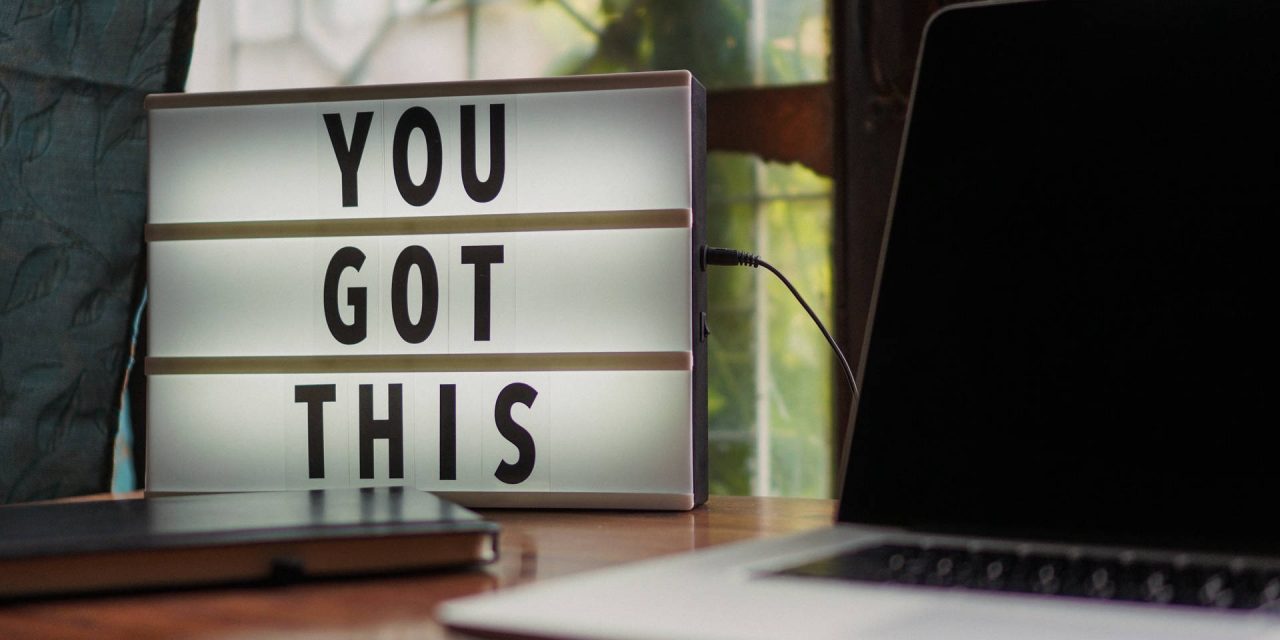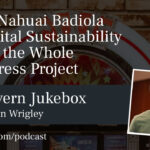This was supposed to be the year that ushered in a revolution in how we work. Remote jobs would become a common practice, spurred on by the global COVID-19 pandemic. A time when everyone would start paying attention to those radical ideas from remote work evangelists such as Matt Mullenweg.
The question is whether this pandemic was the catalyst the world needed to reevaluate the workplace.
There is certainly a lot of good we can talk about. No hour-long commutes. Saved money by eating at home instead of takeout from the restaurant across the street. More flexible hours.
As a veteran and evangelist of the remote work movement, I have not dealt with many of the struggles that others have during this stretch. While I have had to adjust to the outside world a bit, for the most part, my day-to-day life has remained the same. I had the knowledge that colleagues, friends, and family were having some growing pains with the new reality. However, I never understood what they were going through.
Last week, I nearly reached my breaking point. It was one of those times where reality decided to check in. The beautiful veneer hanging over a decade of remote work was stripped away. It was a time where I truly understood what others had been going through during this worldwide period of struggle.
One of my housemates tested positive for COVID-19 a week earlier. He had a short battle with a fever a few days before, but that was the scope of sickness within the household. My other two housemates and I tested negative and have been doing fine to this point. As frightening as those few days were (Will my friend be OK? Am I going to get sick?), I was unprepared for what this change meant within our household.
That one little test upended our routines and took its toll on my work life.
It meant two weeks of continual interruptions from people who are not accustomed to being under quarantine. While everyone did their best, it was not an ideal situation. I could hunker down in my own space, but the routine that typically drives my life was shattered. For those of us routine-oriented people, even the smallest interruptions can feel like a freight train chugging by with the sole intent of ruining an otherwise peaceful day.
For most of my professional life, I have worked alone in quiet. I might put on some music or a podcast, mostly as a calming bit of background noise. However, I tend to enjoy being alone with my thoughts and the occasional interruption of a cat jumping in my lap for its daily petting.
The two-week disruption of my life, while unpleasant, was a mere blip in comparison to the struggle that many others have endured and overcome for the past five or six months. However, it has allowed me to become more empathetic when hearing others’ stories. From disruptions on Zoom meetings of children zipping through the house to the family dog begging for playtime in the middle of the day, work has taken on a new meaning for many. And, this is true for remote workers within the WordPress community.
The pandemic has certainly thrust companies and their employees into remote work. However, I question whether it was the push the world needed to reevaluate the workplace. It is not something that grew organically. It forced people into situations they were unprepared for. Some did not miss a beat. Others are still attempting to find balance.
Many of us with years of experience have run into issues. A large portion of the WordPress community works remotely. Some are new to it, and many who have years of experience are learning to cope with changes to their environment.
Mullenweg realizes this is not the best of times, even within an established distributed company such as Automattic. “I believe that if you do distributed work well, you’re a lot more productive,” he said in Corner Office interview for the New York Times. “But the pandemic has affected a lot of people’s lives. School is canceled. People are working from home that might not normally work from home. So we definitely have seen a hit to productivity, not to mention the stress, which has been even compounded by the social unrest.”
I am still an evangelist for remote work. Outside of potentially teaching schoolchildren once again (perhaps in the far, far away future), I can hardly imagine moving to an office away from home anytime soon. However, I can see how being propelled into an unfamiliar environment will not sit well with some. This experience in remote work may even turn away those who would have otherwise been comfortable had they been given the opportunity outside of the chaos of kids, spouses, housemates, and all the other distractions. That old, familiar cubicle may be enticing at this point.
I am happy that this pandemic will make for some converts to remote work but worry that others have not been given a fair look at the benefits that might exist under normal circumstances.
This post is in part sharing my struggles with remote work and part an open invitation for members of our community to talk about their experiences over the past several months. This is me checking in with you, our dear readers. How are you coping today?
For people who are struggling but are not comfortable discussing issues related to remote work openly in the comments, please check out Big Orange Heart, an organization dedicated to supporting the well-being of remote workers.











